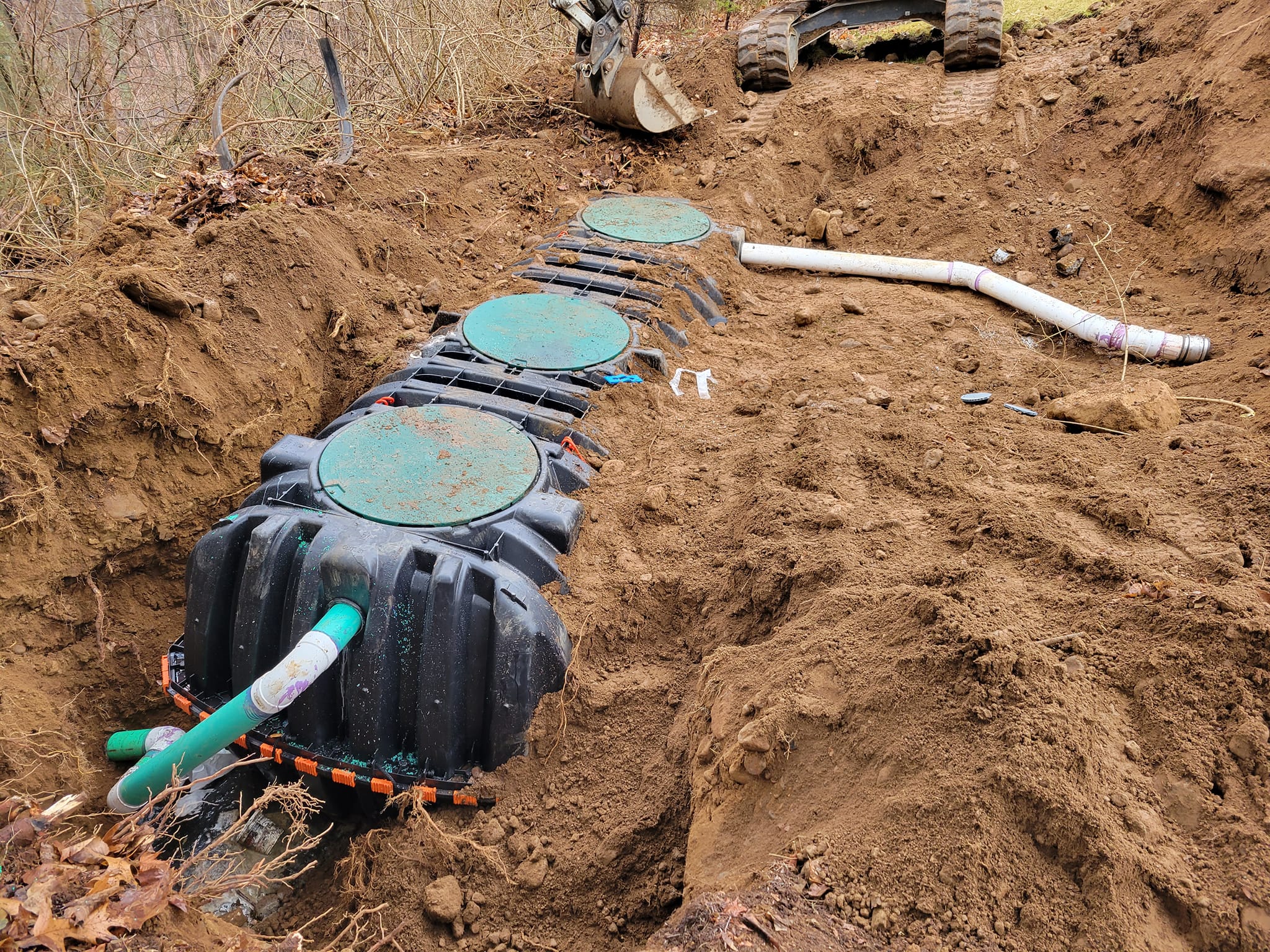
Understanding Soil Variability: How It Affects Septic System Performance Oct 31, 2025
Septic systems are designed to treat and dispose of wastewater underground. The soil surrounding the septic system plays a pivotal role in this process, as it acts as a natural filter. As wastewater trickles through the soil, contaminants are removed, ensuring that only clean water returns to the environment. However, not all soils are created equal, and their varying characteristics can greatly influence how efficiently a septic system operates.
To begin understanding the impact of soil variability, it’s important to recognize the main types of soil and their properties. Sandy soil, for example, is known for its large particles and good drainage capabilities. While this may sound ideal, sandy soil can lead to excessively rapid flow of wastewater, preventing adequate filtration. Conversely, clay soil consists of very fine particles that lead to slow drainage, which can cause system overloads and potential backups. Loam, a balanced mixture of sand, silt, and clay, offers the best conditions for septic systems as it provides enough permeability for water to pass through while still allowing for sufficient filtration.
For homeowners, identifying the type of soil in your property is a crucial first step. Conducting a soil test can provide insights into its composition and permeability, an essential factor in determining the suitability of your land for septic system installation. If your property has less than ideal soil conditions, don’t despair. Nick's Septic And Excavation offers expert consultation to help you modify or enhance your system to align with your specific soil type.
Improving soil conditions may involve several approaches. One common method is soil modification, which involves adding material like sand or gravel to improve drainage and filtration. Advanced treatment systems may also be considered for properties with challenging soil conditions. These systems pre-treat wastewater to a higher degree before it reaches the soil absorption area, thus compensating for less efficient soils.
Regular maintenance is another critical factor in managing septic system performance. Routine inspections and timely pumping of your septic tank help prevent system overloads that could lead to failure, especially in soils that naturally offer poor drainage or filtration. Stay vigilant against tree and plant species that may encroach upon the tank or drain field, as root infiltration can exacerbate soil issues.
Finally, it is worth noting the environmental impact that failing to understand and adapt to soil variability can have. Inefficient septic systems not only pose a risk to your property and health but also threaten local water sources. By being proactive and informed, homeowners can play a vital role in preserving the larger ecosystem.
In conclusion, while soil variability can present challenges for septic system performance, understanding and adapting to these conditions with the help of experts like Nick's Septic And Excavation can lead to effective and sustainable solutions. Prioritize testing, regular maintenance, and professional guidance to ensure that your septic system serves you efficiently for years to come. By doing so, you safeguard not just your home but the surrounding environment as well.
/filters:no_upscale()/media/e491f599-15bf-420d-820c-7c0945153d7c.jpeg)
/filters:no_upscale()/filters:format(webp)/media/a4d2e976-c622-4855-a451-35191e78c30d.jpeg)